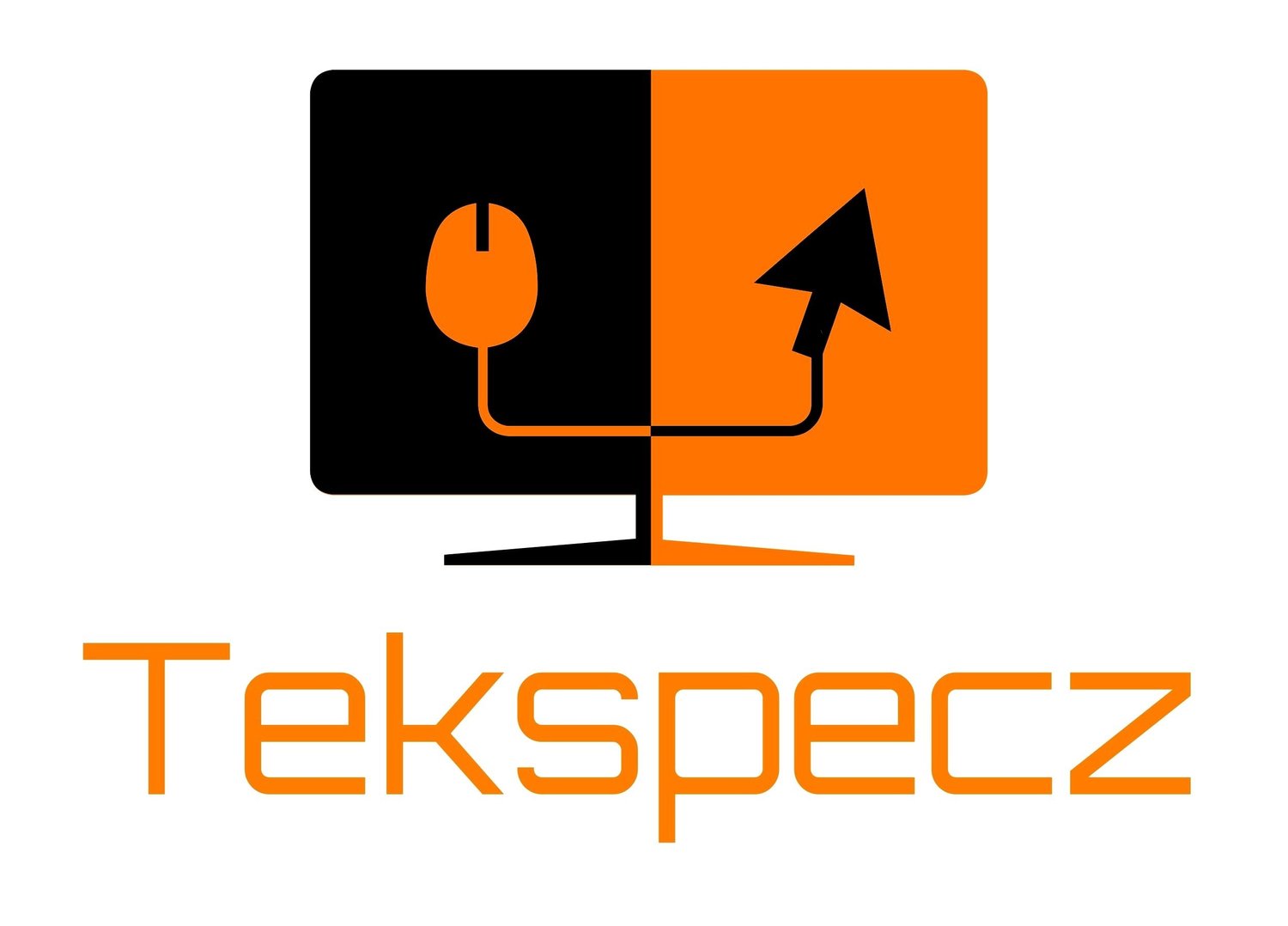Lets Talk About Windows 11 new AI Feature ("Recall") and it's security concerns
At the recent Build conference, Microsoft unveiled Recall, an AI-powered feature for its CoPilot+ PCs. Recall aims to enhance user productivity by enabling them to search and retrieve past activities on the PC. The feature raises questions about its functionality and potential implications. It is designed to give users a more efficient and organized approach to accessing past activities. The unveiling of Recall at the Build conference has sparked discussions about its capabilities and impact on user experience.
So, how Does Recall Work?
Recall continuously records everything users do on their PC, functioning as automatic screen capture. It captures activities within apps, live meetings, and websites visited for research, taking encrypted snapshots of the active screen every few seconds. These snapshots are then stored locally on the PC's hard drive.
Users can access them through a search or timeline bar. This feature provides context for specific events or moments users may want to revisit. Recall's advanced processing capabilities make it a valuable tool for documenting and reviewing user activities on their PCs.
Let’s Talk About The Privacy Concerns
Recall is a powerful and helpful feature, but there are significant concerns, especially regarding privacy and security. The possibility of someone accessing a user's Windows account through Recall raises profound implications, particularly for those in journalism, the economic, and government sectors.
Microsoft offers assurances, but privacy implications continue to be a valid concern. Although the Recall index is kept local and private, its potential risks cannot be ignored. While Recall offers significant benefits, privacy and security concerns remain valid and pressing.
Safeguarding Privacy
Microsoft emphasizes that Recall screenshots are only linked to a specific user profile, not shared with others or used for targeted ads. Users can pause, stop, or delete captured content and exclude particular apps or websites. Recall does not actively conceal sensitive information like passwords or financial data on-screen. The feature prioritizes user privacy and control over their captured content. It offers users the flexibility and control to manage their captured content in a way that aligns with their preferences and privacy needs.
Recall can be a double-edged sword. It's a powerful productivity aid with privacy concerns. As users embrace the feature, the benefits must be weighed against the risks.





